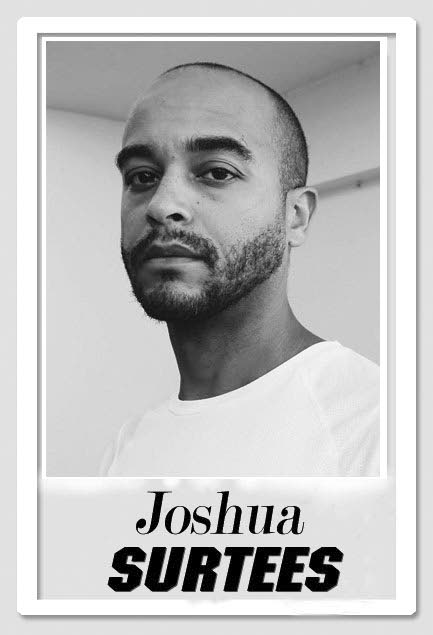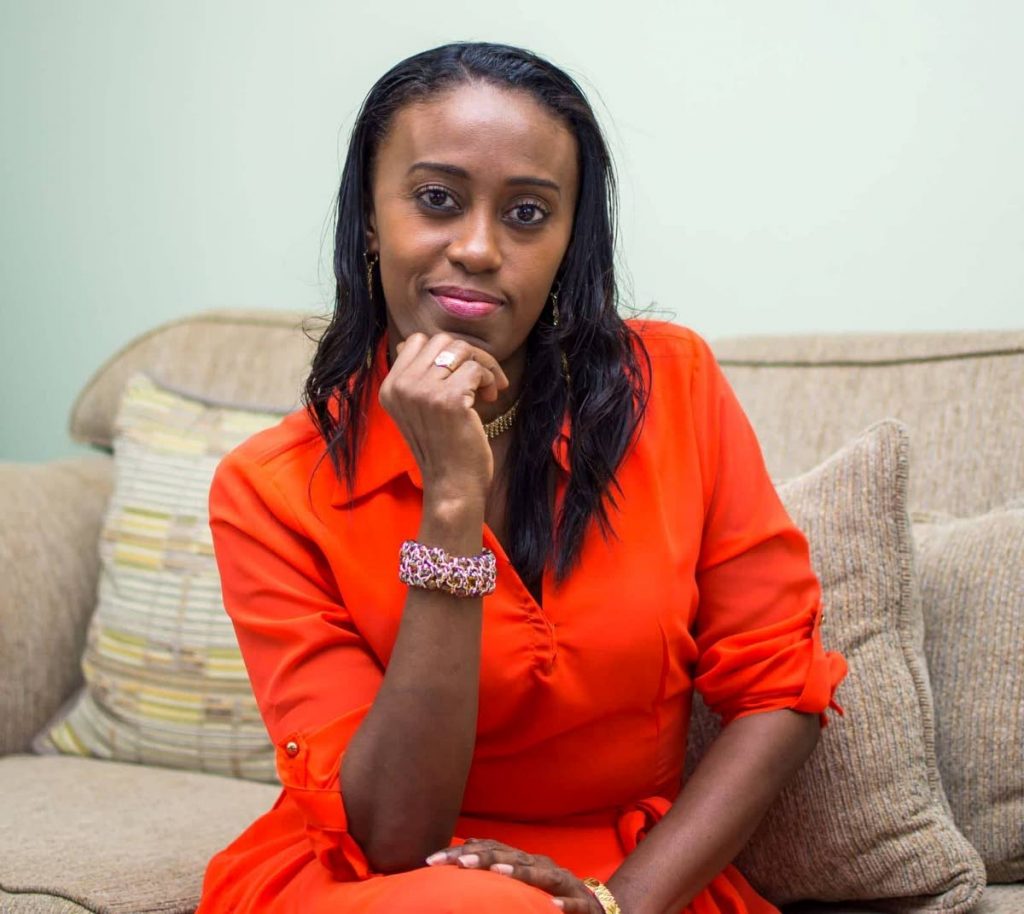Two good women

Two things this week restored my faith in the strength and goodness of people. The main protagonists in both stories are women. Make of that what you will.
The first woman, Camika McLetchie, is the focus of a documentary called Breaking the Cycle, directed by the Trinidad-based Spanish filmmaker Miquel Galofré. Camika talks openly, with a candour that is almost painful in its bravery, about her experiences of abuse and violence at the hands of a long-term partner, the father of her children.
Her documentary was screened at the TT Film Festival immediately after another film that tackled the same subject but in a dramatised format. Audience reactions to the other film, Windows and Walls, were concerning, but showed why it is so important that Camika’s film dealt with the human impact of domestic abuse in a serious and heartfelt way.

Windows and Walls showed scenes of controlling behaviour, unprovoked anger, prolonged violence and marital rape. Some of these scenes were met with laughter by pockets of the auditorium.
I don’t want to simplistically assert the obvious analysis – that Trinidad is so desensitised to violence as to find it funny. In fact, studies show that less than 30 per cent of laughter is provoked by amusement. Mostly, it’s just an instinctive communicative social behaviour. But I have also seen MovieTowne audience members laugh at a Hollywood film when Jodie Foster’s throat was slit. And Trinis often talk about children, or themselves as children, getting a cut ass, in droll nostalgic tones. So, whatever has inured this society to violence – particularly violence towards vulnerable people – is something to be addressed.
When Breaking the Cycle showed, there were two big, genuine laughs, where they were supposed to be. The rest of the film was viewed in awed silence. Many, including me, were moved to tears.
Camika was given a standing ovation afterwards. Meeting her in the foyer, and seeing how physically tiny she is, but how strong a woman, was all the more moving. Since leaving her abuser she has become an activist and started her own NGO, called Women Rediscover Your Strength.
Away from the intimate conversations between Camika and her seven children, there is a moment in the film where she sees a t-shirt that makes a joke of men beating up women. She talks about the “subliminal messaging” it sends out.
More overt messages about domestic violence can be gleaned from the countless stories we hear, including Camika’s, about neighbours turning a blind eye. Bizarrely, Windows and Walls focused not on the pain of the victims but those who “have to hear the abuse,” but do nothing.
Later in the week, I encountered a woman who heard somebody’s plight and did something truly heart-warming. She overheard five Cuban nationals talking about an ordeal they had endured in which, they said, somebody had turned them over to the police, who tore up their documents and cash. They had no money and nowhere to sleep that night. The woman opened up her house to them for free.
In a country where responses to recent newcomers have been callous – see a recent video online of Crime Watch’s Ian Alleyne triumphantly standing outside a bar celebrating the arrest of two Venezuelan women working there, or the cashier at a Massy Stores who I heard saying he would “get a gun and go down Chaguaramas” to deter new arrivals – it was comforting to know there are people with kind, compassionate and loving intentions.
“They are ok. I gave them dinner and internet connection, so they can contact their family,” the good Samaritan messaged me later. “God put it in my heart to always help your sister or brother when in need.”
The next day, she got in touch again to say she had clothes and shoes she wanted to give them.
Many of the refugees currently seeking asylum in Trinidad are surviving on loaves of Kiss bread and cans of Coke. They do not have the right to earn a legal living, but any money they do earn they send to their struggling families back home. Many are distraught to have left young children or elderly parents back in their countries of origin.
Sometimes, in the face of negativity, aggression, fear or barriers, it just requires a few good people to do what they know is right and stand up for it. In both of these cases, the women put their own safety on the line to make a change. In a place where community spirit is diminishing, I will take great comfort from these examples that there is hope yet for Trinidad.
Camika has been invited to present Breaking the Cycle at Vox Feminae film festival in Croatia. Help fund her trip at: www.gofundme.com/camikatocroati

Comments
"Two good women"